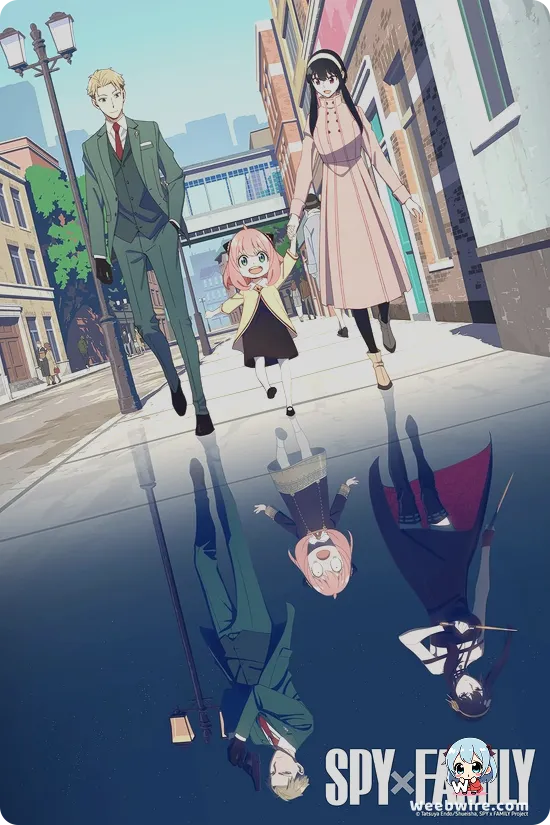Indonesia's Protests Adopt One Piece's Jolly Roger as Potent Symbol of Dissent

As Indonesia prepares for its 80th Independence Day celebrations, an unexpected and striking symbol of defiance has appeared across the archipelago: the iconic Jolly Roger flag of the Straw Hat Pirates from the globally popular Japanese anime and manga series, One Piece. While President Prabowo Subianto has encouraged citizens to proudly display the nation's traditional red-and-white banner, a growing number of Indonesians have instead embraced the pirate ensign as a potent emblem of political dissent.
A Symbol of Widespread Dissatisfaction
This unprecedented surge in the flag's adoption as a protest symbol is directly linked to widespread public dissatisfaction with governmental policies enacted since President Subianto took office. Chief among these contentious measures is a deeply controversial overhaul of the National Armed Forces Act. This legislative change would permit military officers to hold civilian government positions without giving up their military commissions. Critics fear this revision could lead to a level of military influence reminiscent of the authoritarian Suharto era, sparking significant public outcry.
Beyond this pivotal issue, the Straw Hat Pirates' flag has broadened its scope, becoming a collective expression of frustration over a variety of grievances. These include ongoing legislative reforms, escalating economic inequality, pervasive corruption, recent tax hikes, and significant reductions in vital public services and employment opportunities.
The Flag's Pervasive Presence
The flag's presence is undeniable, not only adorning homes, vehicles, and public thoroughfares as physical banners but also spreading rapidly as vibrant street art and digital stickers across various social media platforms. Local vendors are reporting an unprecedented demand for One Piece pirate flags. One overwhelmed seller in Central Java even halted new orders after being inundated with requests over the past month.

The profound appeal of this anime emblem resonates deeply with Indonesians, many of whom are intimately familiar with the series' core narratives. These stories often feature protagonists resisting oppressive authorities and championing freedom, themes that powerfully echo the nation's contemporary social and political struggles.
Historical Parallels and Official Resistance
This modern manifestation of the One Piece Jolly Roger draws clear parallels with Indonesia's rich history of public demonstrations and student activism against perceived governmental overreach. However, the adoption of this particular pop culture symbol has not been without its detractors. Certain political leaders have voiced stern warnings, cautioning that the flag could foster division or instability, with some even going so far as to label its display as verging on treasonous.
Despite such official resistance, the emblem's remarkable popularity vividly underscores the innovative ways in which artifacts of global pop culture can be powerfully repurposed into instruments of political expression and collective solidarity in the digital age. Furthermore, this unique phenomenon highlights One Piece’s expansive transcultural influence, affirming its status as a true global cultural icon that continues to inspire and mobilize diverse audiences far beyond its Japanese and Chinese origins.
Credits
One Piece
Author
Eiichiro Oda
Cover Art
Eiichiro Oda
Studio
Toei Animation
Publisher
Shueisha
Producers





